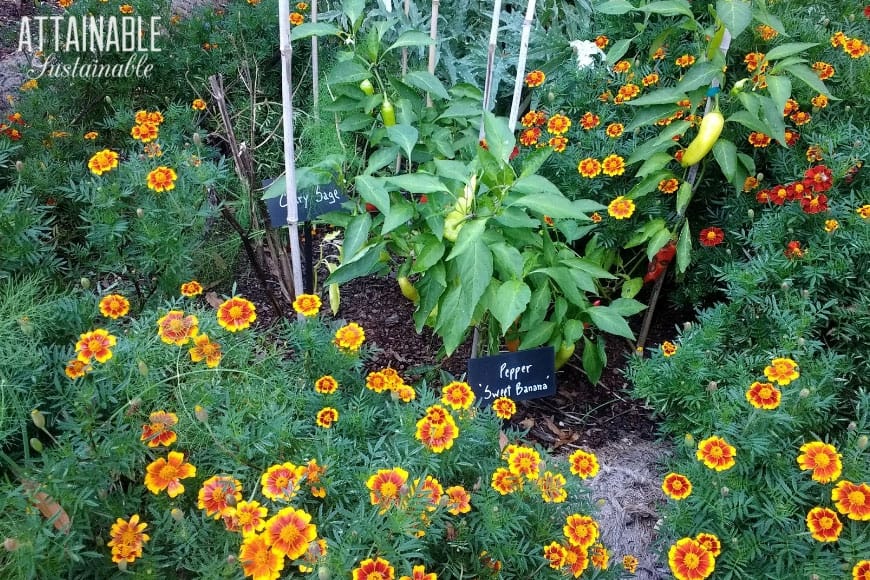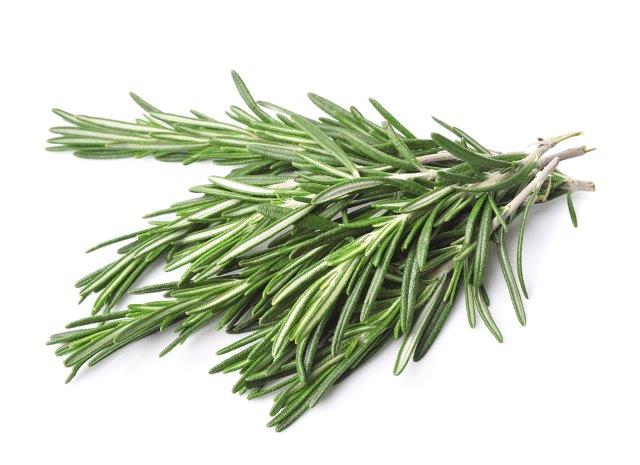Rosemary Companion Flowers That Will
Rosemary Companion Flowers That Will Enhance Your Garden
Rosemary is a versatile herb that can be used in cooking, as a natural insect repellent, and as an ornamental plant. It is also a relatively easy plant to grow, and can be cultivated in a variety of climates.
If you are planning to plant rosemary in your garden, you may be wondering what companion flowers to plant with it. The right companion plants can help to enhance the growth and health of your rosemary plants, as well as deter pests and attract beneficial insects.
Here are some of the best companion flowers for rosemary:
- Marigolds: Marigolds are known for their insect-repelling properties, and they can help to protect your rosemary plants from aphids, beetles, and other pests. Marigolds also add a pop of color to your garden, and they can attract beneficial insects such as ladybugs and bees.

- Alyssum: Alyssum is another great companion plant for rosemary. It has tiny, fragrant flowers that attract pollinators, and its strong scent can help to deter pests. Alyssum is also a low-growing plant, which means that it will not shade your rosemary plants.

- Lavender: Lavender is a classic companion plant for rosemary. Both plants are native to the Mediterranean region, and they thrive in similar conditions. Lavender's scent can help to repel pests, and it can also add a touch of elegance to your garden.

- Oregano: Oregano is another hardy herb that is a good companion for rosemary. It has a similar flavor profile to rosemary, and it can be used in many of the same dishes. Oregano is also a good insect repellent, and it can help to protect your rosemary plants from pests.

- Thyme: Thyme is another versatile herb that can be planted with rosemary. It has a similar growing requirement to rosemary, and it can also be used in cooking. Thyme is also a good insect repellent, and it can help to improve the flavor of your rosemary plants.

When choosing companion flowers for rosemary, it is important to consider the plants' growing requirements. Rosemary needs full sun and well-drained soil. It is also a Mediterranean plant, and it does not tolerate cold weather well. When choosing companion plants, make sure that they have similar growing requirements to rosemary.
You should also consider the plants' appearance when choosing companion flowers for rosemary. Rosemary is a tall, shrubby plant, so you will want to choose companion plants that will not shade it out. You may also want to choose companion plants that have different colors and textures to add interest to your garden.
By planting the right companion flowers with rosemary, you can help to enhance the growth and health of your plants, as well as deter pests and attract beneficial insects. With a little planning, you can create a beautiful and productive garden that is full of rosemary and its companion flowers.
FAQ of rosemary companion flowers
- What are some good companion plants for rosemary?
Rosemary is a Mediterranean herb that prefers full sun and well-drained soil. It is also a relatively drought-tolerant plant. Some good companion plants for rosemary include:
* Lavender: Lavender and rosemary are both Mediterranean herbs that grow well in similar conditions. They also have a complementary fragrance, making them a popular choice for planting together in herb gardens.
* Tomatoes: Rosemary can help to deter tomato hornworms, a common pest of tomatoes. It can also help to improve the flavor of tomatoes.
* Cabbage: Rosemary can help to repel cabbage moths, a common pest of cabbage. It can also help to improve the flavor of cabbage.
* Carrots: Rosemary can help to improve the flavor of carrots. It can also help to deter carrot rust flies, a common pest of carrots.
* Sage: Sage and rosemary are both herbs that have a strong fragrance. They can help to repel insects and pests, making them a good choice for planting together in vegetable gardens.
- What makes rosemary flower?
Rosemary flowers in the spring or summer. It needs full sun and well-drained soil to flower. It also needs to be watered regularly, but not too much. If you are not getting flowers from your rosemary plant, try giving it more sun and water. You may also need to fertilize it.
- What are some pests and diseases that affect rosemary?
Rosemary is relatively resistant to pests and diseases. However, it can be susceptible to a few problems, including:
* Aphids: Aphids are small, sap-sucking insects that can damage rosemary plants. They can be controlled with insecticidal soap or neem oil.
* Spider mites: Spider mites are tiny, eight-legged creatures that can suck the sap out of rosemary leaves. They can be controlled by washing the leaves with insecticidal soap or neem oil.
* Rust: Rust is a fungal disease that can cause spots on rosemary leaves. It can be controlled by removing infected leaves and spraying the plant with a fungicide.
* Powdery mildew: Powdery mildew is a fungal disease that causes a white, powdery growth on rosemary leaves. It can be controlled by watering the plant regularly and spraying it with a fungicide.
- How do I propagate rosemary?
Rosemary can be propagated from cuttings or seeds. To propagate from cuttings, take a 6-inch cutting from a healthy plant in the spring or summer. Remove the bottom leaves from the cutting and plant it in a pot of well-draining soil. Keep the soil moist and place the pot in a sunny location. The cutting should root in about 4-6 weeks.
To propagate from seeds, sow the seeds in a pot of well-draining soil in the spring or summer. Keep the soil moist and place the pot in a sunny location. The seeds should germinate in about 2-4 weeks.
- How do I care for rosemary plants?
Rosemary plants are relatively easy to care for. They need full sun and well-drained soil. They should be watered regularly, but not too much. Rosemary plants are drought-tolerant, so they can tolerate some periods of dry weather. They should be fertilized once a year in the spring with a balanced fertilizer.
Gardenia Inspiration
Post a Comment for " Rosemary Companion Flowers That Will"